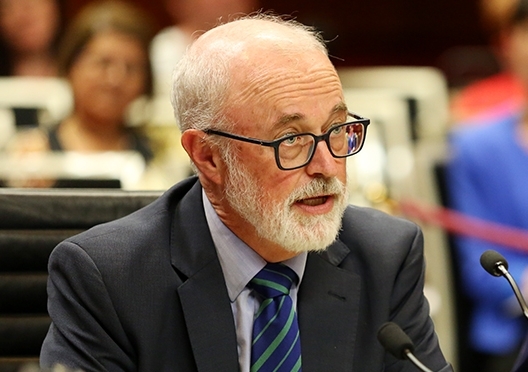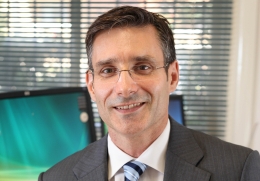Inquiry into intellectual disability deaths needed: UNSW panel
A UNSW panel will discuss a national death reporting system for Australians with an intellectual disability, as part of efforts to reduce avoidable deaths.
A UNSW panel will discuss a national death reporting system for Australians with an intellectual disability, as part of efforts to reduce avoidable deaths.

Belinda Henwood
UNSW Media & Content
0432 307 880
b.henwood@unsw.edu.au
A much-needed federal government inquiry into the health status of people with intellectually disability, similar to the Closing the Gap government strategy for reducing Aboriginal disadvantage, will be the focus of a UNSW Grand Challenges event on Monday 5 November.
The event, ‘Dying for Change: lightning talks for action on improving the health and life expectancy of Australian people with intellectual disability’, follows a study by UNSW researchers last year that found Australians with a disability are dying from avoidable deaths at twice the rate of the general population.
“People with intellectual disability die from causes similar to all people living in Australia, but they die earlier and more often due to potentially avoidable causes because they experience multiple barriers to quality health care, and because health professionals and services are not equipped to meet their needs,” said Chair of Intellectual Disability Mental Health at UNSW, Professor Julian Trollor.
“Ultimately this is because there is no overarching national or state strategy which addresses the vulnerability and needs of this group.
“This is not in keeping with Australia’s obligations under section 25 of the United Nations Convention on the Rights of Persons with Disabilities.”

Chair of Intellectual Disability Mental Health at UNSW, Professor Julian Trollor.
Professor Trollor will be joined on the panel by three prominent intellectual disability experts from the UK, including Professor of Public Health and Disability at Lancaster University, Professor Chris Hatton.
The panel will also hear from Interim Director of the UNSW Disability Innovation Institute, Rosemary Kayess, who was elected to the United Nations Committee on the Rights of Persons with Disabilities in June, as well as Council for Intellectual Disability advocate, Jim Simpson, who is calling for the federal government inquiry.
Professor Trollor said there had been very little progress on health outcomes for adults with an intellectual disability.
“NSW has led the way with enhanced recurrent funding to expand specific specialist health services for people with intellectual disability, but this is still a very modest incremental step in a series of steps which are much larger,” he said.
He said there needed to be systemic change to address poor access to health care and poor health outcomes for people with intellectual disability, and this would only occur through a whole of government approach to the issue.
“A national death reporting system for Australians with an intellectual disability would ... enable us to expose the issue, examine the reasons for it and ... examine the impact of improvements over time following any specific strategies or enhancements,” he said.
The Dying for Change panel event is being presented by UNSW’s Disability Innovation Institute, Grand Challenges and Department of Developmental Disability Neuropsychiatry, in conjunction with the NSW Council for Intellectual Disability.